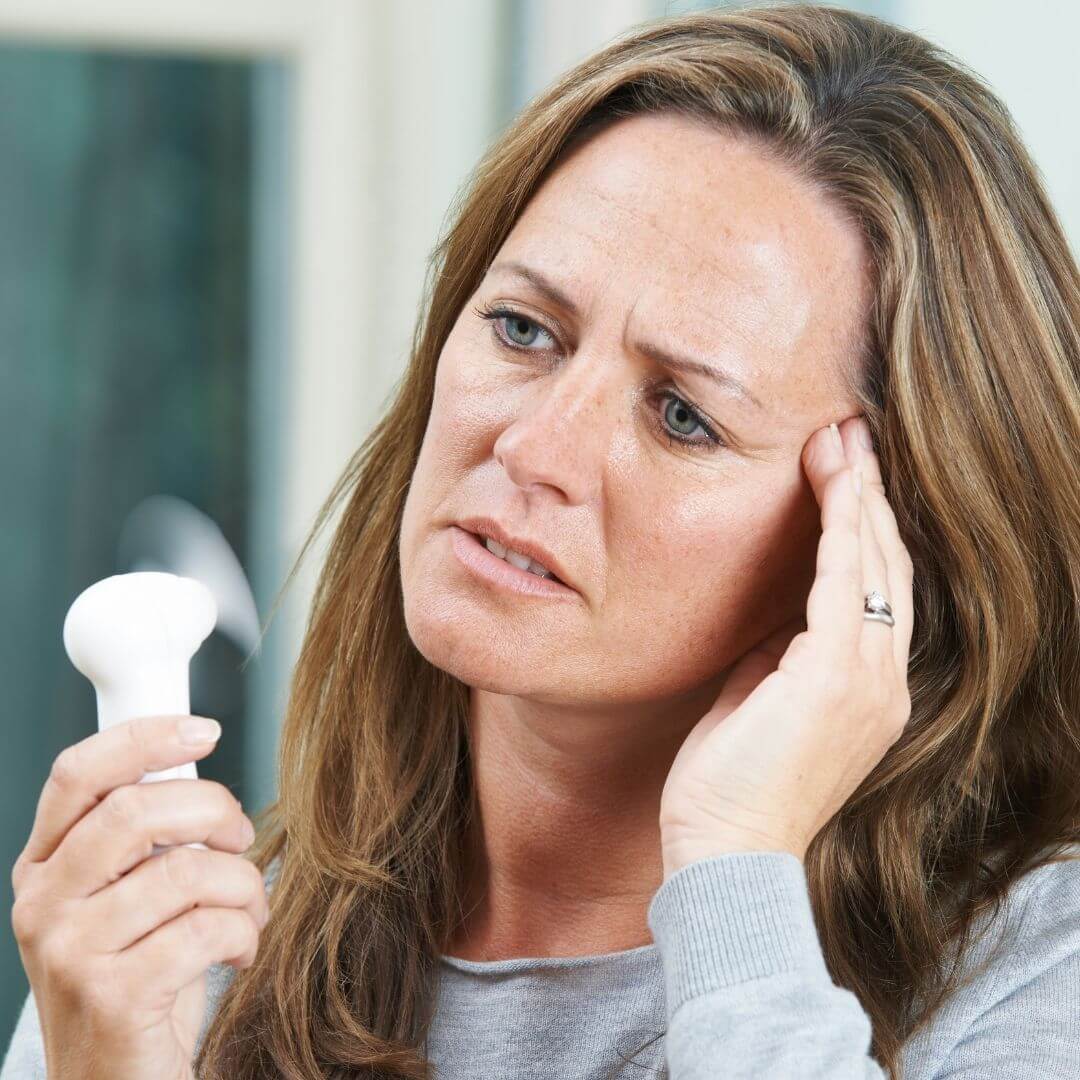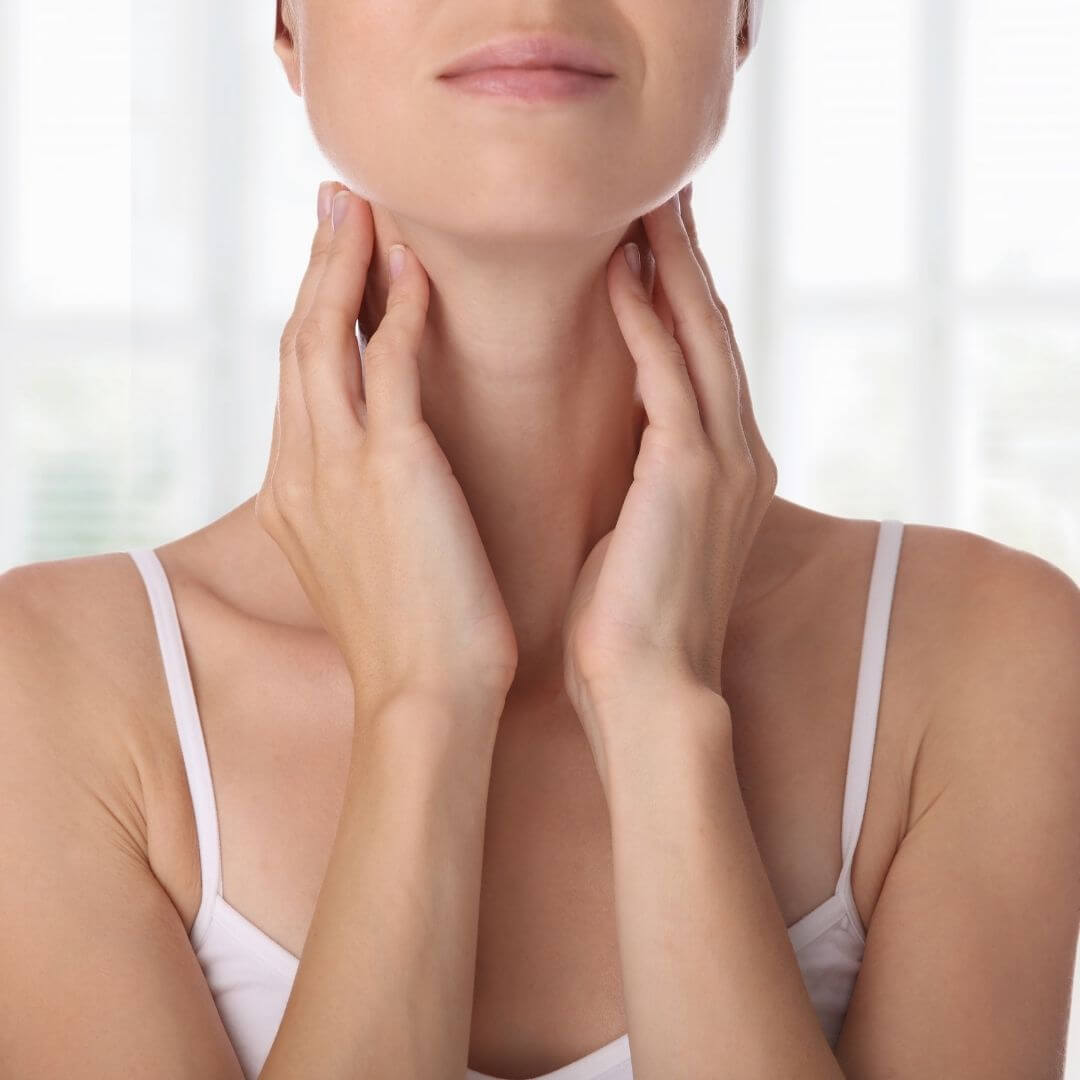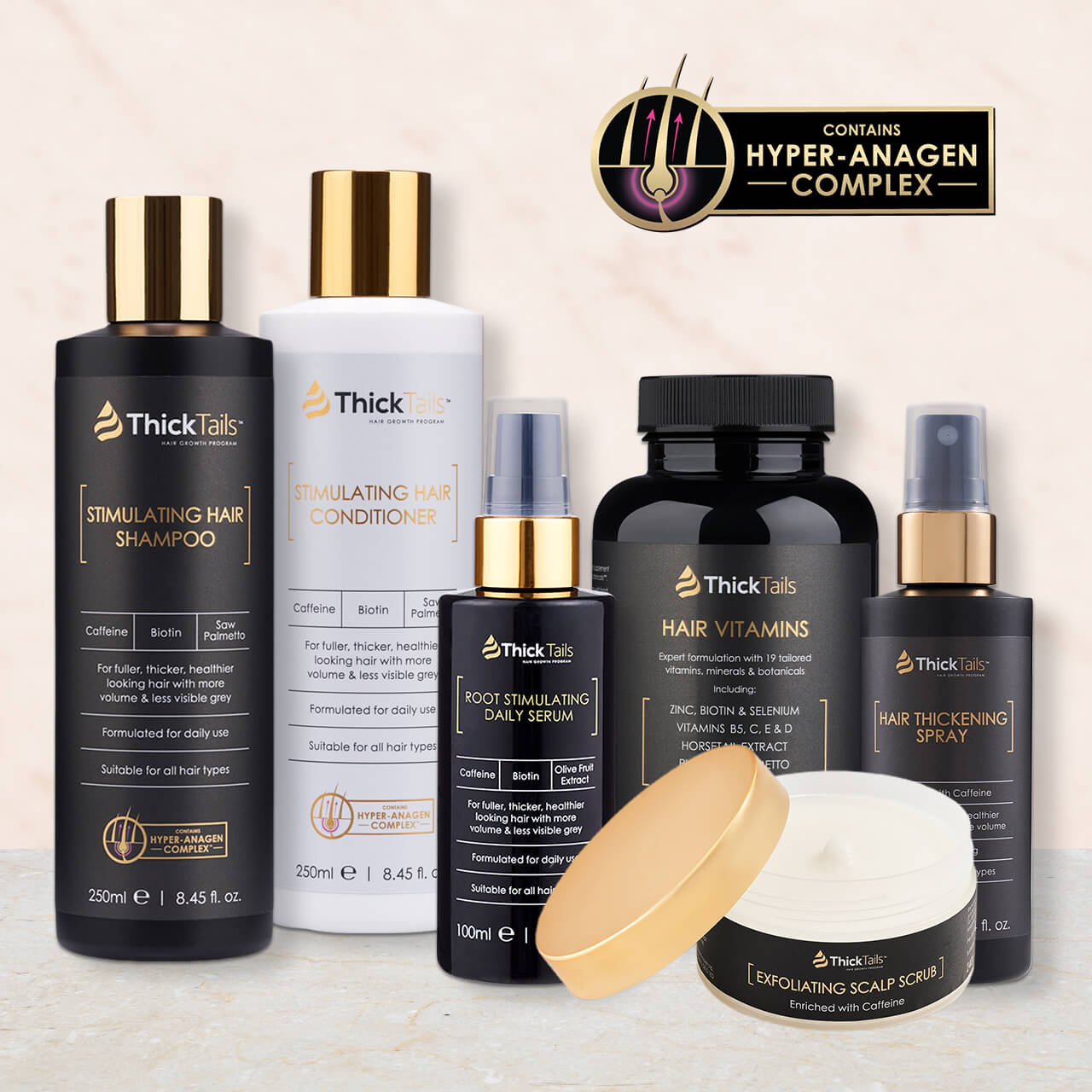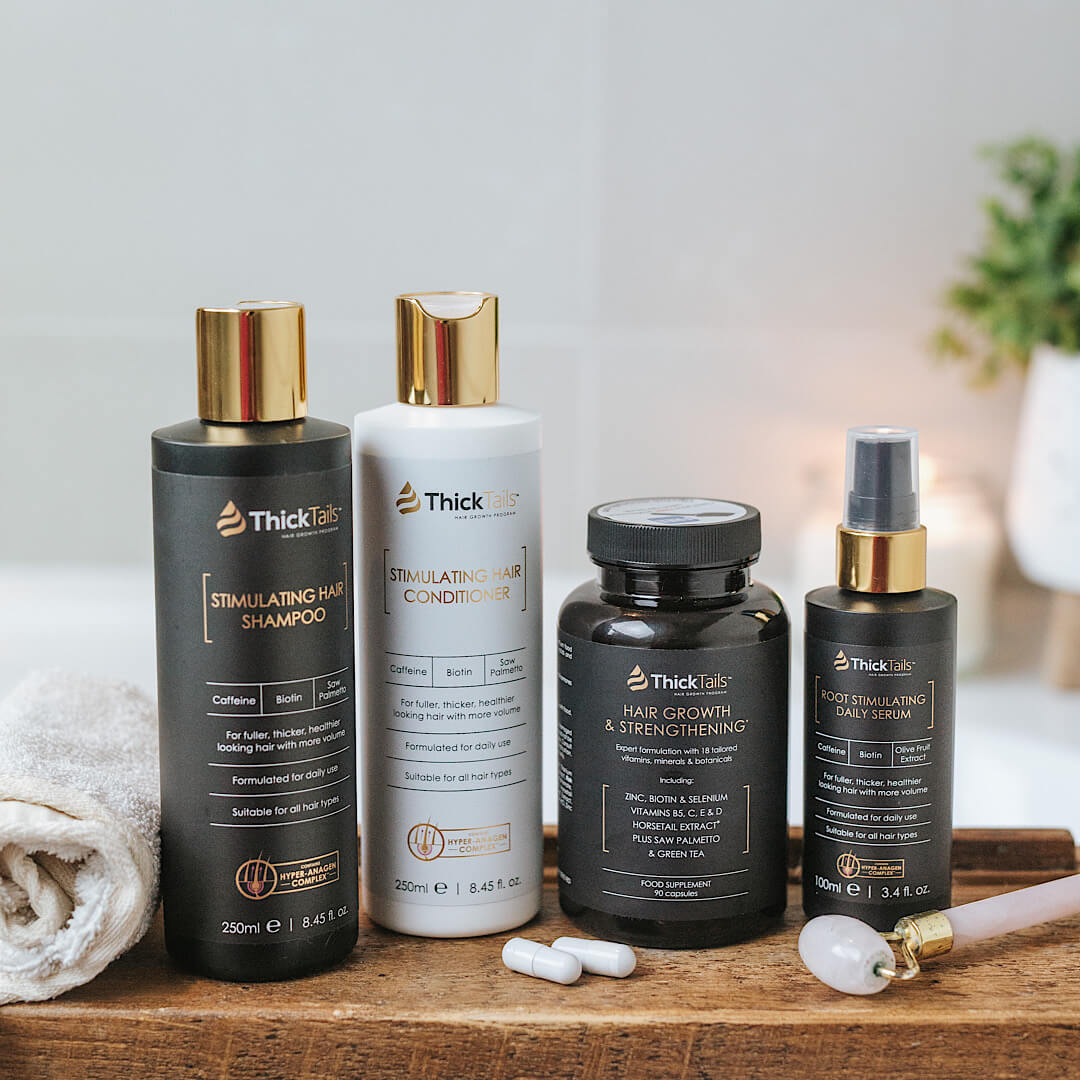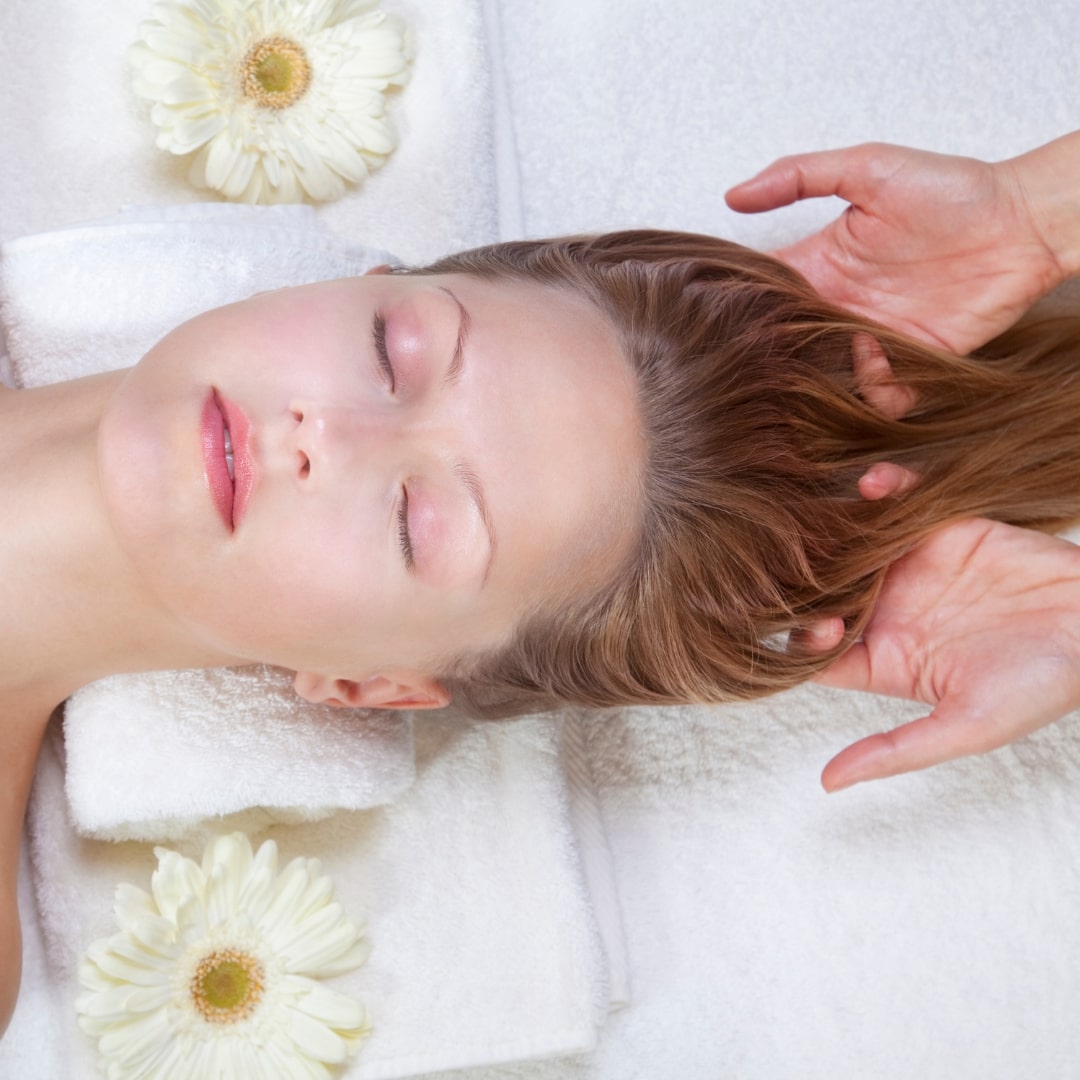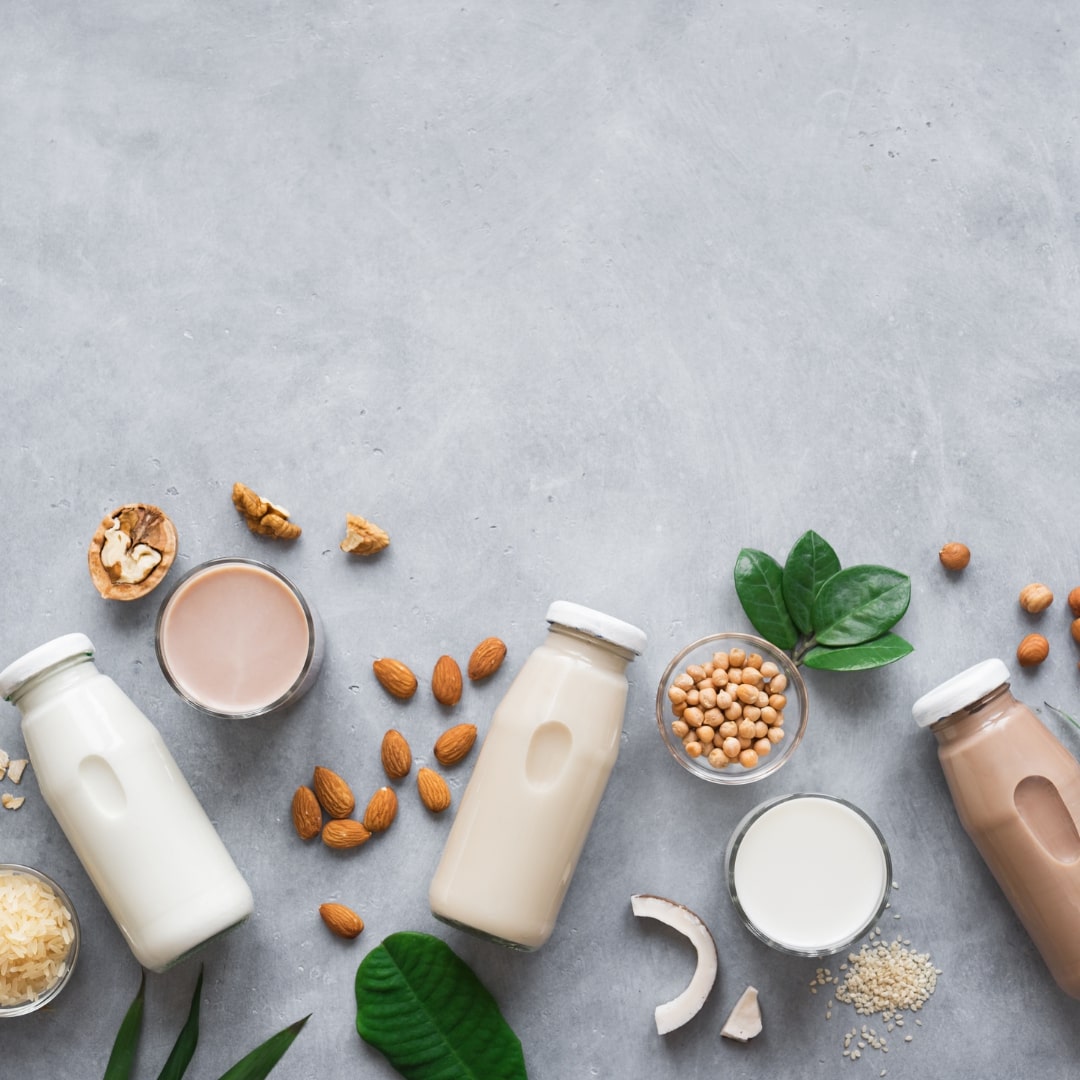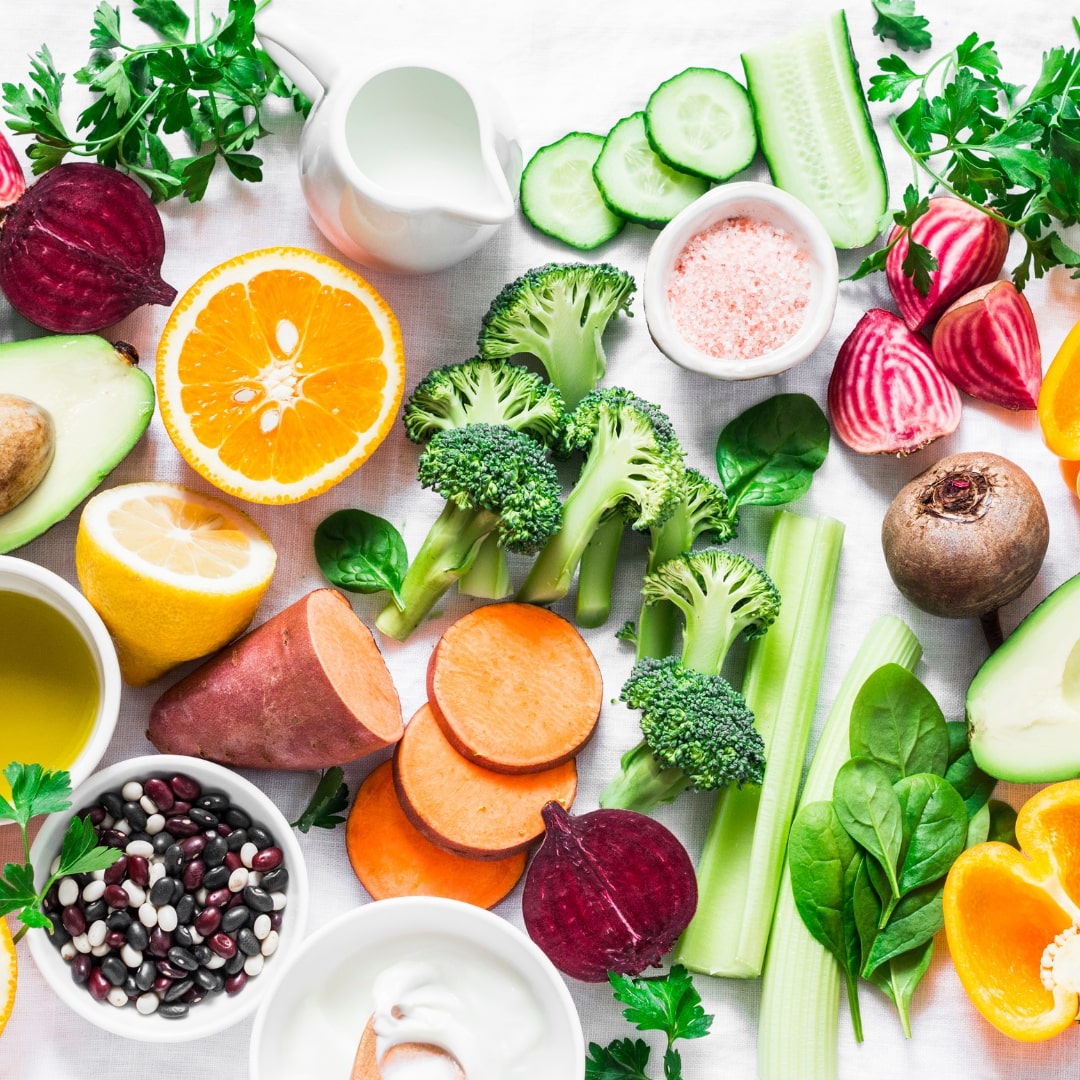As we age, our hair can go through drastic changes. From menopause to postpartum recovery or just everyday wear and tear from stress, it's often hard to stay looking your best. If you’re struggling with thinning or brittle hair, there is hope! Making a few lifestyle changes—like eating a balanced diet and using quality haircare products—can make all the difference when it comes to healthy aging hair. In this blog post, we’ll explore tips for maintaining youthful-looking locks by providing helpful information on how diet, exercise, and relaxation methods affect your look over time. Take charge of your current situation and learn more about healthier choices that'll help you get the most out of each day—today is the first step towards beautiful hair for years to come!
I. Understanding the Changes in Aging Hair

Aging hair is an inevitable part of life and understanding the changes that occur can help you better care for it. As you age, your hair follicles shrink and produce less melanin, resulting in graying hair. In addition, the natural oils produced by your scalp also decrease, leading to drier and more brittle strands. Hair may also become thinner due to a decrease in the number of active follicles. To combat these changes, it's important to use hair products specifically designed for aging hair and to moisturize regularly. Additionally, gentler heat tools and low manipulation hairstyles can help minimize damage to fragile strands. With proper care, aging hair can still look vibrant and healthy.
a. The Science of Aging Hair
As we age, our hair often undergoes changes in texture, color, and thickness. But why does this happen? The science of aging hair can help explain these transformations. As we grow older, the pigment-producing cells that give our hair its color begin to die off. This leads to gray or white hair. Additionally, the hair follicles themselves can become less efficient at producing hair, resulting in thinning or baldness. To combat these changes, it is important to take good care of your hair and scalp throughout your life. Proper nutrition, hydration, and hair care products can all help keep your hair looking healthy and vibrant as you age.
b. Common Hair Issues as You Age
As we age, our bodies go through various changes, and our hair is not an exception. Common hair issues that come with aging include thinning, dryness, brittleness, and graying. These changes can be attributed to a variety of factors, including genetics, hormonal changes, and lifestyle habits. Women, in particular, are more prone to experience hair thinning after menopause due to a decrease in estrogen levels. However, it's essential to note that these changes are entirely normal and can be addressed with proper hair care. From incorporating moisturizing hair products to maintaining a balanced diet, there are several ways to keep your hair healthy and vibrant as you age.
c. How Hormonal Changes Affect Your Locks
Your hair is constantly changing, and not just due to haircuts or styling. Hormonal changes can also have a huge impact on the health and appearance of your locks. Pregnancy, menopause, and thyroid imbalances can all lead to changes in the texture and thickness of your hair. And let's not forget about puberty - we all remember the awkward phase of our teenage years where our hair seemed to have a mind of its own. Understanding how hormones affect your hair can help you take better care of your locks and embrace the changes that come with each chapter of your life.
II. Lifestyle Habits for Maintaining Youthful Hair
Maintaining youthful hair is not just about having the right hair care routine or using the latest hair products. It's also about adopting certain lifestyle habits that can help keep your locks looking healthy and youthful. First and foremost, it's essential to stay hydrated. Drinking enough water each day can help nourish your hair from the inside out. Additionally, incorporating nutrient-rich foods into your diet, such as salmon, avocados, and sweet potatoes, can provide your hair with the necessary vitamins and minerals for optimal health. Limiting your use of heat-styling tools and protecting your hair from the sun's damaging rays can also help prevent damage and keep your hair looking youthful. By making these simple lifestyle changes, you can maintain healthy, youthful hair for years to come.
a. Nutrition and Diet Tips
Maintaining a healthy diet is essential for overall well-being. A good diet ensures that you receive all the necessary vitamins and minerals needed to fuel your body effectively. Cutting down on processed and sugary foods and incorporating more fruits and vegetables into your daily meals is a great start. Remember to drink plenty of water throughout the day to keep your body hydrated. Including balanced portions of protein, carbohydrates, and healthy fats will also help you feel fuller, and longer. Small changes to your diet, such as packing your own healthy snacks, can make a huge difference in your overall health and wellness. With the right nutrition and diet tips, you can make changes that will benefit you for years to come.
b. Hair Care Routines for Aging Hair
As we age, our hair naturally becomes thinner and more brittle, which can make it challenging to maintain a healthy and vibrant appearance. The key to caring for aging hair is to focus on nourishing and moisturizing the scalp and strands. This means using gentle, sulfate-free shampoos and conditioners that are specifically formulated for older hair. Additionally, incorporating a weekly deep conditioning treatment can help to restore moisture and strengthen weakened follicles. It is also important to be gentle when styling and brushing, as harsh pulling and tugging can cause even more damage. By adopting a few simple hair care habits, we can help keep our aging hair looking and feeling its best.
c. The Role of Stress Management
Stress is a common problem that affects most of us at some point in our lives. Whether it stems from work, relationships, or other sources, prolonged stress can have serious consequences on our physical and emotional health. That's why it's crucial to develop skills to manage stress effectively. Stress management techniques can range from exercise and deep breathing to meditation and therapy. By finding what works for you and incorporating stress management into your daily routine, you can reduce the impact of stress on your life and improve your overall well-being. Remember, stress is a normal part of life, but managing it effectively is key to leading a healthy and fulfilling life.
III. Expert Advice for Age-Defying Hair

It's no secret that as we age, our hair can become more fragile and even start to thin. However, with the right approach, you can keep your locks looking luscious and full of life. Experts recommend incorporating hair-nourishing foods into your diet, such as eggs, spinach, and fatty fish. Avoid harsh chemical treatments and heat styling tools that can damage your hair and instead opt for gentle, natural products that promote strength and shine. Regular trims can also help prevent split ends and breakage, which can make hair appear thinner over time. With these expert tips, you can defy the effects of aging and enjoy beautiful, healthy hair no matter your age.
a. Advice from Dermatologists and Hair Experts
Dermatologists and hair experts are a fantastic resource for those looking to improve the health of their hair. One common recommendation they make is to incorporate hair supplements into your daily routine. These supplements can provide the vitamins and minerals necessary for promoting hair growth, thickness, and overall health. While maintaining a healthy diet can certainly help, supplements can help fill in any nutritional gaps you may have. Of course, it's important to consult with a professional before starting any new supplement regimen to ensure it's right for you and your specific needs. With the guidance of dermatologists and hair experts, you can take steps towards better hair health and achieve the luscious locks of your dreams.
b. Choosing the Right Hair Products
Choosing the right hair products is essential for maintaining healthy hair. With countless options available in the market, it can get overwhelming to pick the perfect products for your hair type. However, incorporating hair supplements into your routine can be a game-changer. Hair supplements contain vital nutrients that boost your hair's health, making it stronger and shinier. These supplements come in various forms, such as pills, gummies, and powders, and are formulated to meet specific hair needs. Whether you're looking to promote hair growth, reduce hair fall, or nourish your scalp, there's a hair supplement for you. By adding hair supplements to your hair care routine, you can ensure that you're giving your hair the proper nourishment it needs from the inside out.
c. Hairstyling Tips for Mature Hair
As we age, our hair becomes thinner, drier and more prone to breakage. However, with the right hairstyling tips, you can still look fabulous no matter your age. To start with, consider using hair supplements to help nourish your hair from the inside out. These supplements contain essential vitamins and nutrients that can promote healthy hair growth and improve the strength of your hair. When it comes to styling your mature hair, opt for styles that are soft and face-framing, as this will help to bring out your best features. Lastly, be sure to use a high-quality shampoo and conditioner that is designed to hydrate and restore your hair. With these simple tips, you'll be on your way to younger-looking, healthier hair in no time. To summarize, the effects of aging on our hair may appear daunting, but with the right guidance and proper knowledge, maintaining optimal hair health can be achievable. Start by understanding how aging impacts hair growth and density—the science behind it, common issues that arise, and why these changes occur. Next, address any individual lifestyle habits that may need attention to support healthier locks. Lastly, take great advice from dermatologists and hair experts—like choosing the right products for mature hair and considering hairstyles suitable for mature locks. Follow this advice for an age-defying mane, so you can look as beautiful as ever! If you have any further questions about managing your tresses as you age or would like personalized recommendations tailored to your specific needs – don’t hesitate to reach out to a professional hairstylist or dermatologist today.

